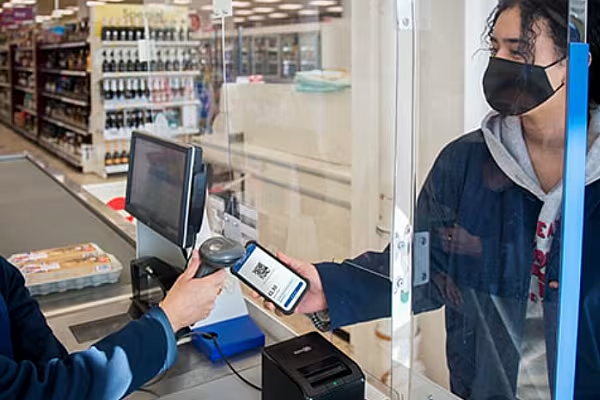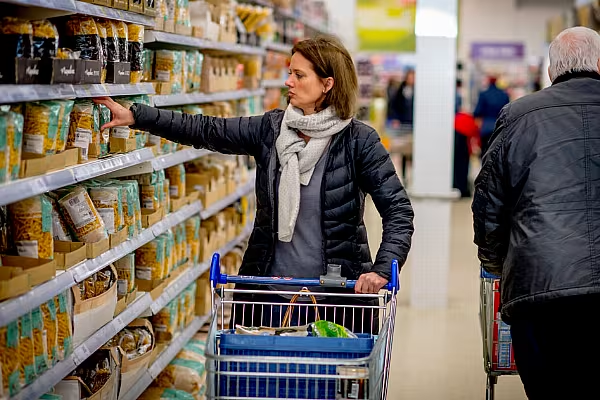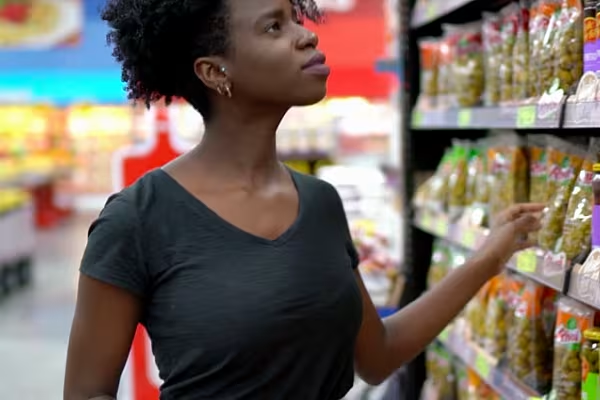Carefully curated loyalty programmes, which engage with shoppers on matters important to them, can help retailers build long-term sustainable relationships, says Matthew Betes, marketing director, tcc.
With Eurozone inflation at a new high of 7.5% and looking set to continue climbing, retail spend across Europe has taken a significant hit. Surging fuel and food prices are putting real pressures on the cost of living, and retailers are having to look at new strategies to win and retain customers.
To keep costs down, shoppers are leaning towards cheaper, less sustainable products or supermarket own brands, and are making fewer trips to stores to conserve petrol.
The challenge is a double-edged sword. For consumers, greener ways of shopping seem unattainable while prices are soaring. For grocers, there is a real battle to attract and maintain customer loyalty.
Tasked with minimising costs while avoiding a race to the bottom with competitors – a race that in the long run could devalue their brand ‒ means it’s tougher than ever for retailers to cut through the noise.
Alternative pricing models or marketing strategies can be a huge help. By delivering value to customers without having to slash, or raise, prices en masse, brands can influence purchasing decisions on bigger ticket items that lead to more sustainable habits, or locally sourced groceries with greener credentials.
Looking At Loyalty Differently
Inflation is dominating how people spend, and leading supermarkets have already started to overhaul their loyalty schemes. In the UK, Sainsbury’s and Waitrose have recently announced price cuts on everyday items such as fruit and vegetables.
Offering rewards on everyday produce may be welcomed by some, but for ethically and environmentally conscious consumers, this price incentive comes at a tradeoff for sustainable sourcing and higher welfare standards. If brands can leverage loyalty campaigns to sell greener products, there is a real opportunity to win ground in the fight for customer loyalty.
But cutting prices on essential goods is just one avenue to help cash-strapped customers. When purses and wallets are squeezed, homeware, cookware, toys and electricals often become less attainable.
Retailers that differentiate themselves by including non-essential goods as loyalty rewards are likely to see a healthy spike in sales during their campaigns because they encourage customers to return and keep spending.
Rewards that were aspirational become attainable – and give consumers a real reason to build loyalty points and commit to one same retailer over a prolonged period of time.
Sustainable Spending For Consistent Results
The appetite for more sustainable product options is significant with over 77% of shoppers wanting to reduce waste and buy less plastic. If brands use loyalty campaigns as a leveller to allow wider access to greener products, there is potential for healthier return on their bottom line.
But ensuring rewards are affordable for the customer, meet demand for less waste and packaging, and also generate profit, is a delicate balance for retailers.
However, when done successfully, the right campaigns can reap tangible benefits for both sides.
On average, when retailers embrace loyalty campaigns, they enjoy a sales uplift of 3% over a period of 16 weeks – even during financial downturns. An extremely welcome addition when times are tight.
Integrating And Investing In Loyalty
Viewing sustainable loyalty programmes as an investment rather than an outlay helps retailers weather tricky economic storms and inflation-induced stagnation.
Successful loyalty rewards are carefully designed, ‘always on’ and always engaging. And with 75% of consumers becoming more discerning and shifting how they spend their money since the pandemic, loyalty campaigns are an effective way of establishing a consistent relationship with customers.
In the face of spiralling costs of living, consumers are looking for consistency and a feeling of investment when they spend with a brand. By offering loyalty rewards for greener choices, retailers have the chance to move the needle on how people are spending and encourage more conscious consumption habits.
When retailers look beyond loyalty campaigns as quick fixes or mechanisms to deploy during a crisis, there’s a chance to build sustainable relationships that customers can really trust.
© 2022 European Supermarket Magazine – your source for the latest Retail news. Article by Matthew Betes, tcc. Click subscribe to sign up to ESM: European Supermarket Magazine.














